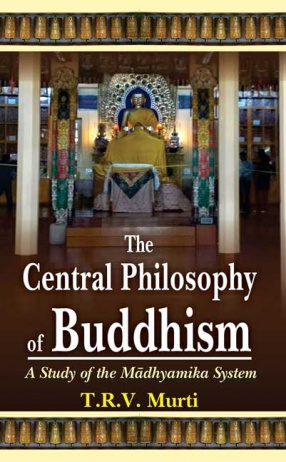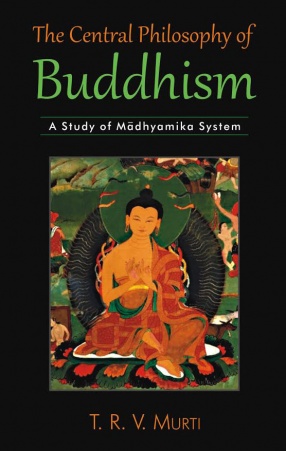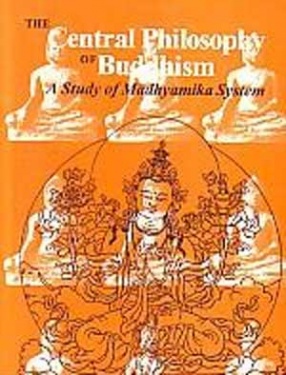
Showing all 3 books

The Vastness fo Buddhism is surprisingly immense. An extensive and varied literature, covering period of more than fifteen centuries,is scattered in a score of languages. Its complexity is no less formidable; its school and sub-schools are bewildering in their number and in the twists and turns of their thought. The greatest difficulty facing the student is the lack of an acredited tradition of interpretation.
Buddhism and its religious philosophy has frequently ...

This book is a study of the Madhyamika Philosophy in all its major aspects. In the author's view, the Madhyamika philosophy created a revolution in Buddhism and was a radical turning point in the evolution of Buddhist thought. The book is divided into three parts. The first part traces the history, origin, development and influence of the Madhyamika philosophy. The second part contemplates on a critical analysis of the Madhyamika philosophy, the structure, ...

There is a class of scholars who are of the opinion that Buddhism in general, and Madhyamaka of Nagarjuna in particular, is not only deconstructionistic in orientation, but also nihilistic in content. How far this assertion is tenable or valid depends from what perspective we look at the middle way philosophy of Nagarjuna. While analysing the general orientation of Buddhist thought, Prof. Murti shows that Nagarjuna's philosophy, although deconstructionistic ...
